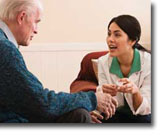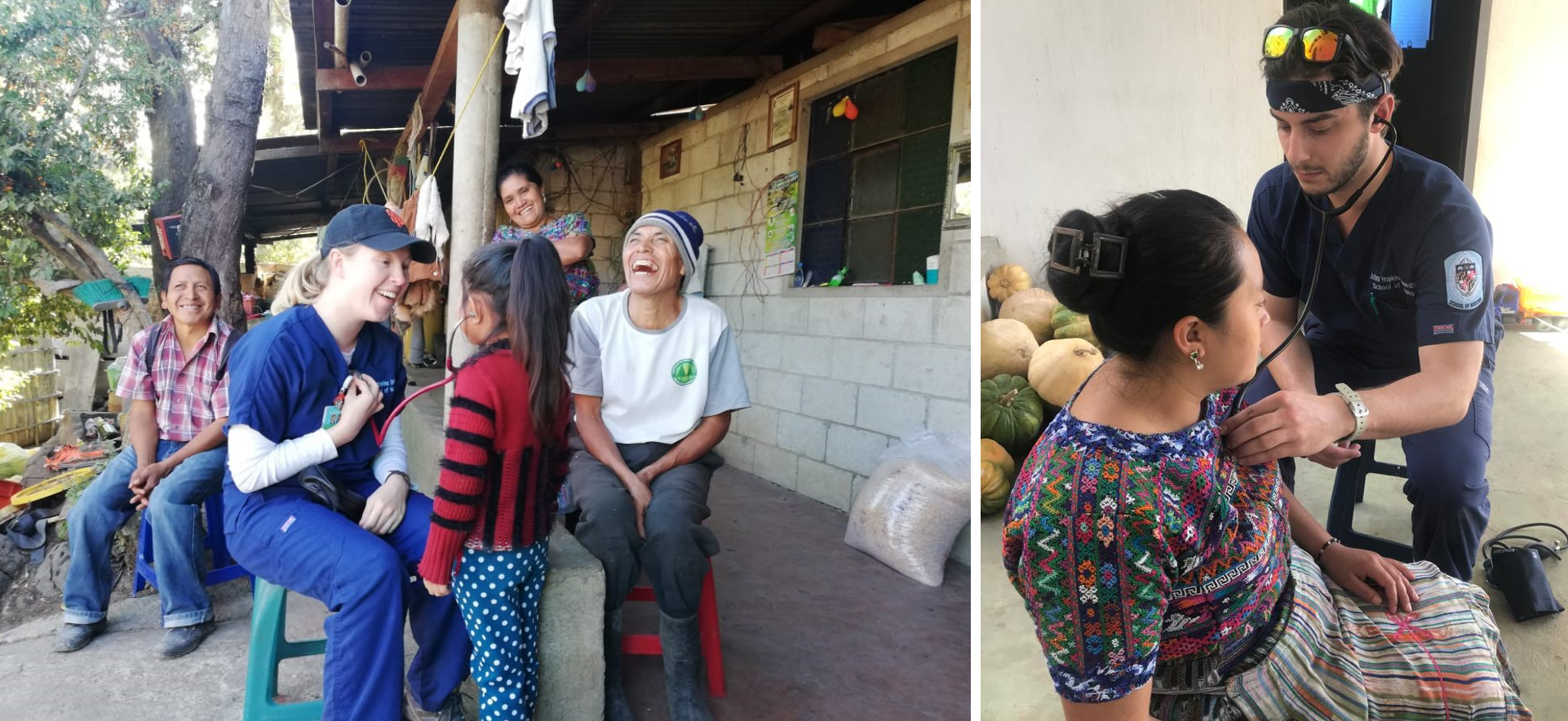I am fortunate to have had the opportunity to shadow an amazingly generous and kind alumnus all day last week at Stanford University’s Lucile Packard Children’s Hospital in Palo Alto, California. (Again, I am going to be extra-sensitive to HIPAA and try my best to not violate it. If anyone feels I have, draw this to my attention, please).
(I would like to upload the pictures that I took, but for some reason all the files are damaged so I’m just going to upload some that I’ve found online to spice the post up)

Being a Trad student and having just finished my first semester, I haven’t had any exposure to any pediatric patients. So for this, I tell you, my shadowing experience was very interesting and actually fun! All the new things I was exposed to. All these little beings, so young, so innocent, so helpless. The gravity of their plight in life to be born with a congenital disease. It really touches you–no, wait, let me speak about me here–it really touched me to the core.
I know that some of the readers may already know about pediatric care, etc., but as a newbie, I felt real awe and wonderment at all the new information and sights. I learned a lot about appendicitis from the NP whom I was shadowing, which seems to be a common problem in children and sometimes takes a while to diagnose. I learned about malrotation, which is when the intestines don’t rotate fully in the fetus while in the womb and although doesn’t always cause problems, can cause problems when it sets into the body if there is a kink. The sweet little patient with this diagnosis, laying in bed and looking tired, and whose parents I know were also tired as well as concerned. I learned about Hirschsprung’s disease, which is when the ganglion cells in the intestines fail to fully migrate throughout the gut, thus causing obstruction and problems with evacuating. This disease is determined at birth by taking samples from the rectum, because this is where the disease starts. The young patient with this, dealing with other congenital problems as well. The myriad of problems I saw …
Something that really touched me was going to the NICU, particularly seeing the fragility of the preterms. All the little babies swathed and laying there, appearing so vulnerable to the elements, laying as tiny bundles in tiny platform-like beds. I would have to say that some of the most amazing things I saw occurred in the NICU, which I would never have thought. I saw an omphalocele, which is when there is a defect in the abdominal wall that causes different GI organs to lay outside of the body in a yellow-colored sac. Talk about totally fascinating! This baby’s was not so bad, according to the doctor, who was pushing and prodding at the omphalocele, discussing procedures going forward with the parent. I saw an imperforate anus, which is when there is the lack of formation of the anus orifice, which causes a fistula (opening) from the rectum to another part of the body, such as the bladder, urethra, vagina. Obviously some dangerous stuff there (problematic bacteria in stool, as we have all learned in school).

I saw a surgery performed on a one-day-old baby. I have seen cardiac surgeries performed on adults, but never a surgery on a baby. And not just any baby, but a one-day-old! Maybe one day that will be business as usual for me, but as of now for a first-timer (me), so neat! Everything on such a tiny scale (is it obvious that I don’t have much experience with neonates?)
I have never considered pediatrics as a future path of nursing, but after this day of shadowing, I could feasibly see it. Something that factors into this realization was seeing how the NP interacted with the patients: how tender and loving she was to the children, how compassionate and sensitive she was to the parents. The NP was also a wealth of knowledge and I tried my best to pick her brain. We discussed the nursing role vs. the doctor role, and my observance of the NP confirmed how the nursing role is more for me. Her words, her attitude, her professionalism, her compassion reiterated that this is the reason why I have decided to pursue a career in nursing. She was without a doubt very inspiring to watch.
Another thing I stepped away from this experience was that the potential for me to be an NP is still there. I had decided last year to give up on this (will not get into details here), but the NP role really appeals to me. Having said that, I am still heeding the advice of several seasoned nurses (including the NP at LPCH) to get some bedside experience as an RN before pursuing the NP role. Step by step, that’s the way this journey goes. And as Swami Bhaktivedanta Prabhupada once said, little drops of water wear away stone.
Thank you, NP at LPCH, alumnus of JHU SON and who shall remain nameless, for giving me this wonderful insight and opportunity for “future attractions” to come. And all the best and blessings for speedy recoveries to the little children I saw at the hospital and to their families as well.


 Global Service Learning: Guatemala
Global Service Learning: Guatemala Guatemala Re-visited: Rainwater Project Shows Value of Service-learning Trips
Guatemala Re-visited: Rainwater Project Shows Value of Service-learning Trips You’re Welcome
You’re Welcome My First Teachers in Nursing School Weren’t Nurses
My First Teachers in Nursing School Weren’t Nurses Awards for Diversity
Awards for Diversity






